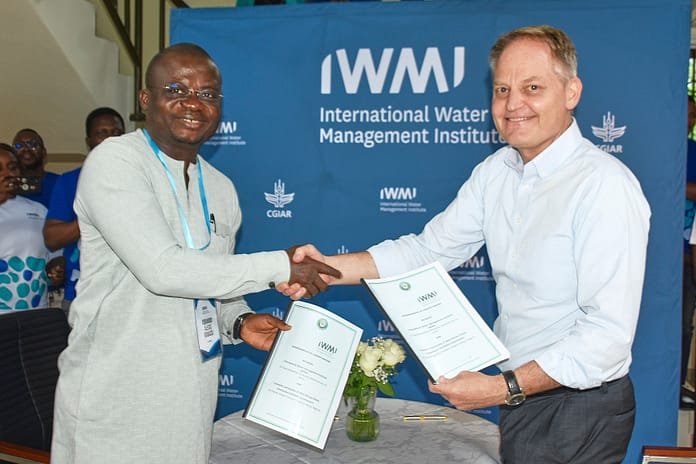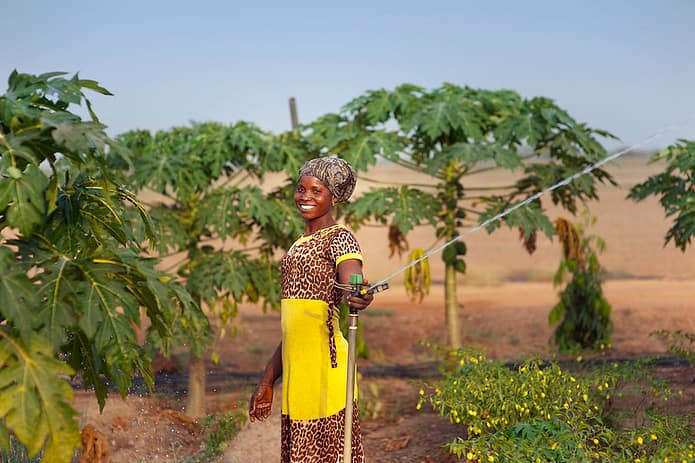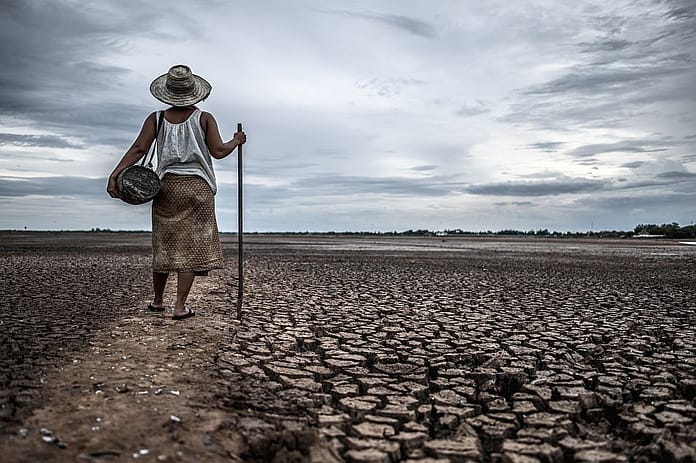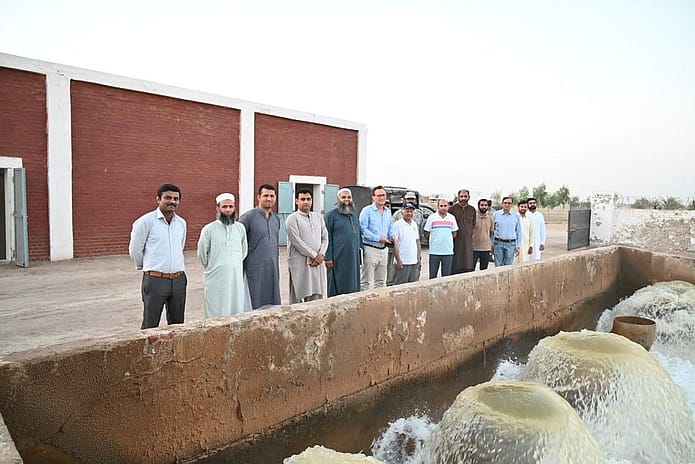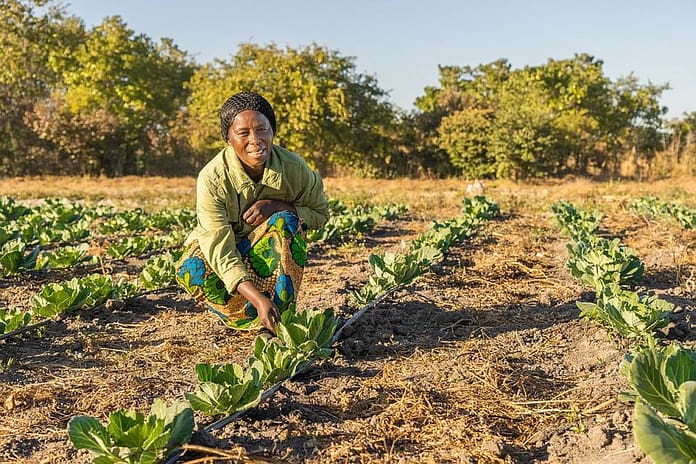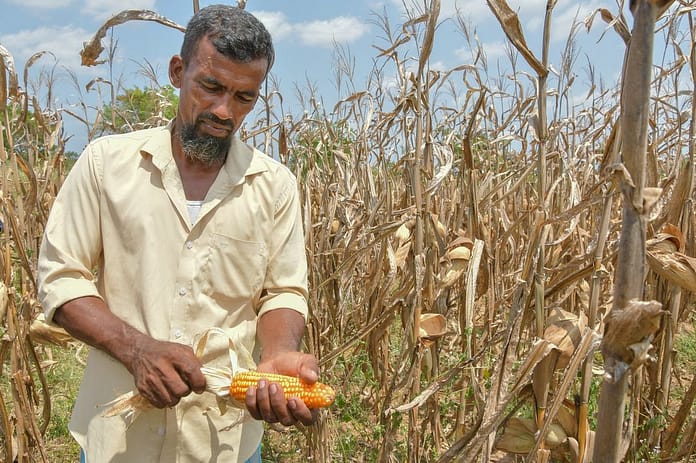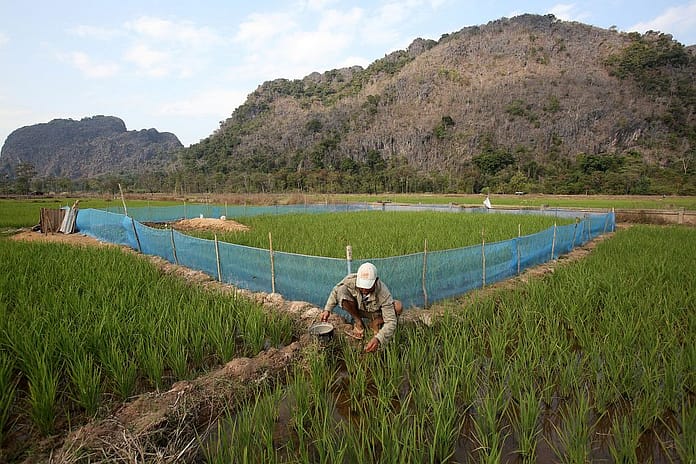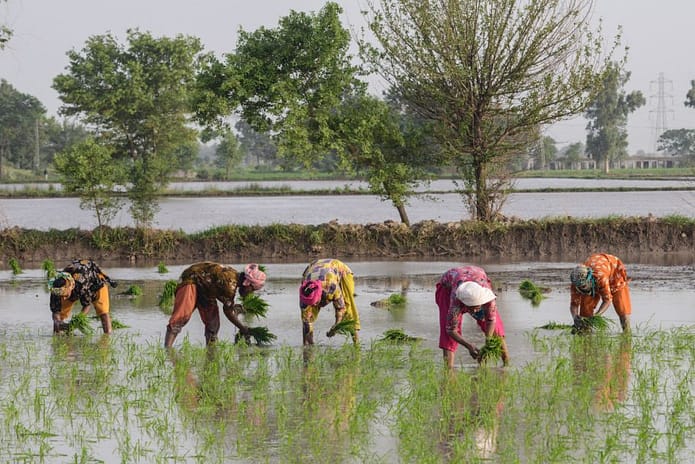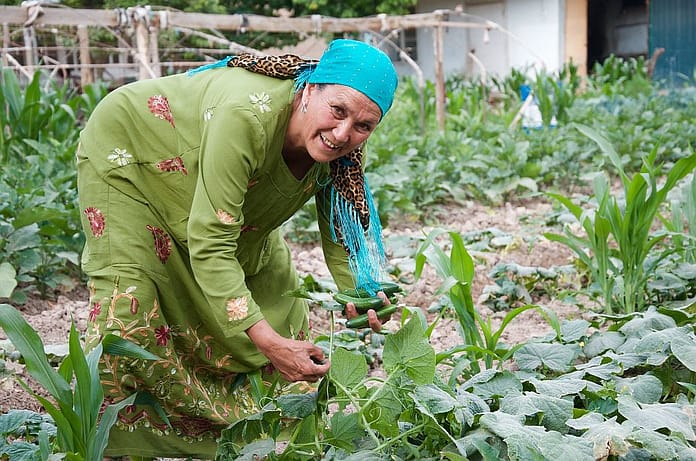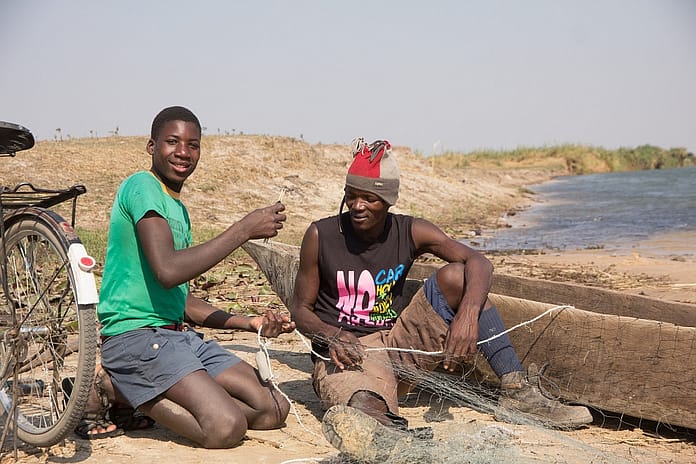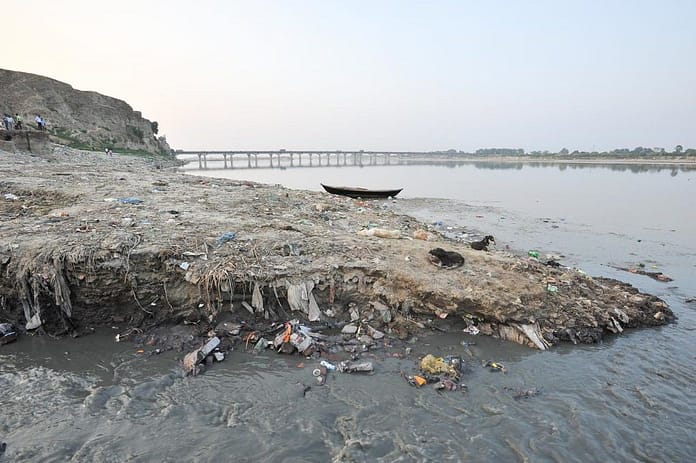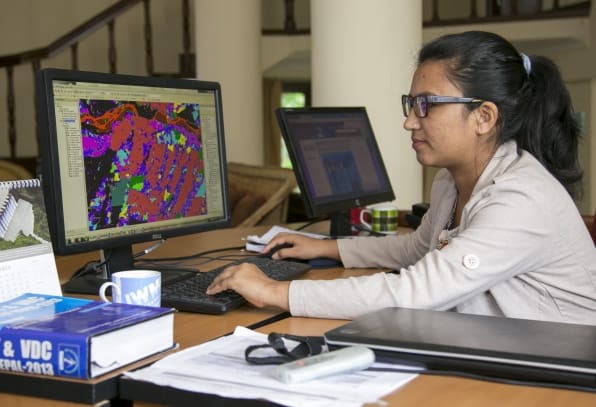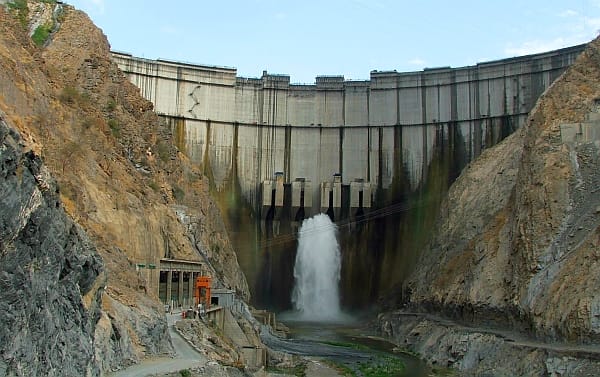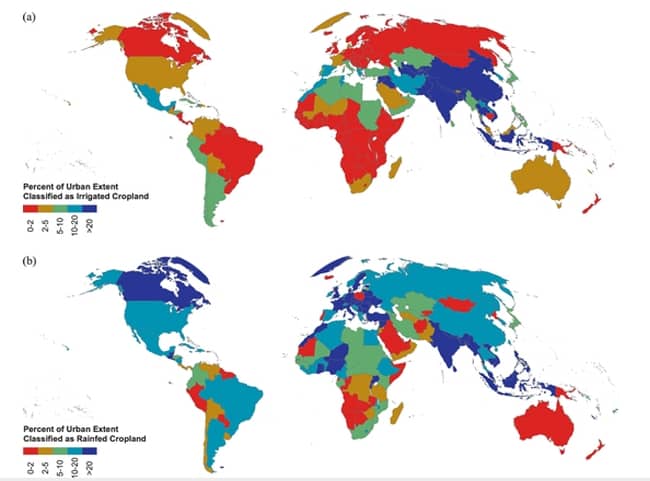(Pretoria/Colombo, 16 April 2021) – Enhanced data sharing across sectors and countries is vital if we want to achieve food, water and energy security in Southern Africa, participants of the UN Food Systems Summit Independent Dialogues (Southern Africa) have found.
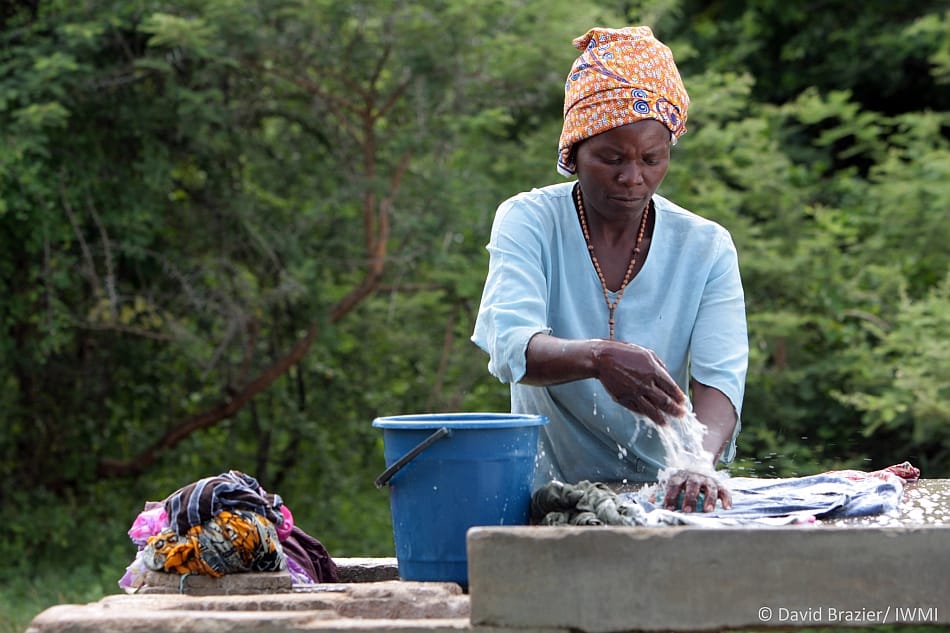
The Dialogue, organized by the International Water Management Institute (IWMI) and partners, also identified the importance of integrated approaches to achieve food systems transformation and the central role of water and energy in this regard.
Other outcomes from the discussion, which included contributions from the Southern African Development Community (SADC), CCARDESA, USAID, World Bank, Global Water Partnership and the Water Research Commission, highlighted the need for innovative financing models to better support food and water security.
Participants also flagged the benefit of greater institutional coordination, specifically reconciling donor interests with nation state and institutional interests as well as the importance of political will in enabling political transformations that move beyond inter-connected (water, energy, food) sectors, but also address the politics of water, climate change, energy and aid.
Conclusions from this event and the three other Independent Water Dialogues will feed into the Global Dialogue ‘Water: the game changer for food systems’, 27 April and ultimately to the UN Food Systems Summit in September.
The dialogue pivoted around the question: can Southern Africa feed itself and does the region have enough water to do so? Research shows that roughly 43 percent of the region is either arid or semiarid, and that 70 percent of its people rely on rain-fed agriculture.
Mark Smith, Director General, IWMI: “There are tensions across sectors – and potentially complementary sectors such as agriculture, energy and environment – compete for water and undermine each other. Finding ways to manage the water-energy-food nexus will be key then in ensuring a sustainable supply of water to the food system.”
Smith explained that at the heart of functioning food systems are water systems with three components: first, water supply to the food system – the ecosystems and infrastructure that provide the source of water, store water and regulate supply; second, water use in food production systems – agricultural water management, irrigation, water for aquatic foods, livestock production and third, water for food consumption – safe water for safe food; water for health, and ensuring health outcomes from food and nutrition.
Inga Jacobs-Mata, IWMI’s Regional Representative for Southern Africa: “Everyone has slightly different views and objectives on how to achieve food systems transformation in the region, but the role of water is critical in all of them. We have to move beyond the sectoral coordination approach, although this is very key – we need to examine the political transformations that are important in realizing more just systems transformation.”
The event provided an opportunity for in-depth exchanges to take place between diverse actors from across food systems, government, think tanks, universities and international organisations.
The Southern Africa dialogues highlighted six key thematic areas around which participants engaged in group discussions: Moving towards low carbon energy for food production; climate change impacts on water and food security; policy coherence and institutional coordination in water, food, energy and climate change that operationalize the water, energy, food (WEF) nexus; advancing technical WEF models, tools and frameworks for decision making at multiple scales; and putting nature back in the WEF nexus: towards resilient food landscapes and community approaches to operationalize the WEF nexus.
For more information or to arrange interviews, please contact:
Toby Johnson, Head Global Communications and Knowledge Management, IWMI
e-mail: t.johnson@cgiar.org
tel +94 (0)779425984


